
survivors and scientists
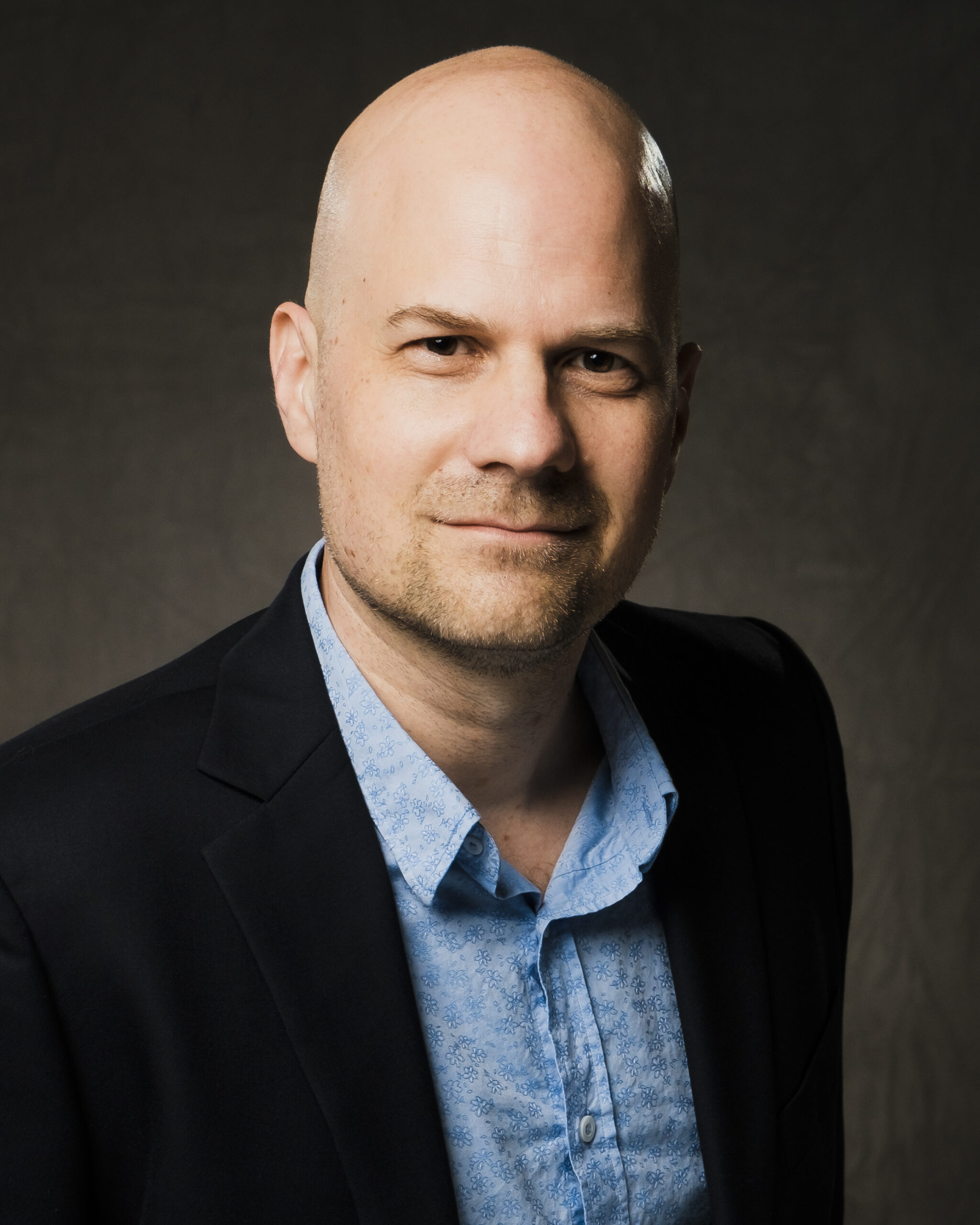
Thomas R. Pisanic II PhD MS
Depts. of Nanobiotechnology / Oncology, Johns Hopkins University
Thomas Pisanic PhD, MS, focuses his research on developing new, noninvasive tests to detect various forms of cancer, including ovarian cancer. Ovarian cancer is the deadliest of all gynecologic malignancies yet the medical research community has yet to develop a test that can reliably detect ovarian cancer. “Nonetheless there is considerable reason for hope as the ovarian cancer research community has become increasingly galvanized in their efforts to solve this issue in our lifetime. In fact, I have found an inexorable determination among the scientists, physicians and patient advocates within the ovarian cancer research community that is unique in its willingness and passion to work together to bring about an end to this terrible disease. So what can you do to help? Bringing this vision to fruition will take more than just passion and that is why I am thrilled to express my support for the Powell-Drescher Ovarian Cancer Research Foundation, who are doing the critical work of raising funds to drive breakthrough research for this historically underfunded disease. At the same time, the Powell-Drescher Foundation is unique in its emphasis on promoting an ongoing dialogue between scientists and ovarian cancer survivors to guide the research toward real world solutions that will best address the needs of the patients. I urge you to stand with us and be part of the solution to ending ovarian cancer.”
Jen Akin
Ovarian Cancer Survivor
“Six years after my first diagnosis my cancer returned, this time with a vengeance. When discussing my treatment options, I was sure that things had improved since the last time my doctor and I had those same conversations. My oncologist told me that because my cancer was so rare that not a lot of research had been done even in the last ten years, and so my options were still limited. While I know I will battle this cancer again, I’m hoping that with fundraising and education, the next time I’m faced with this situation, my conversations with my doctor will look a lot more optimistic.”

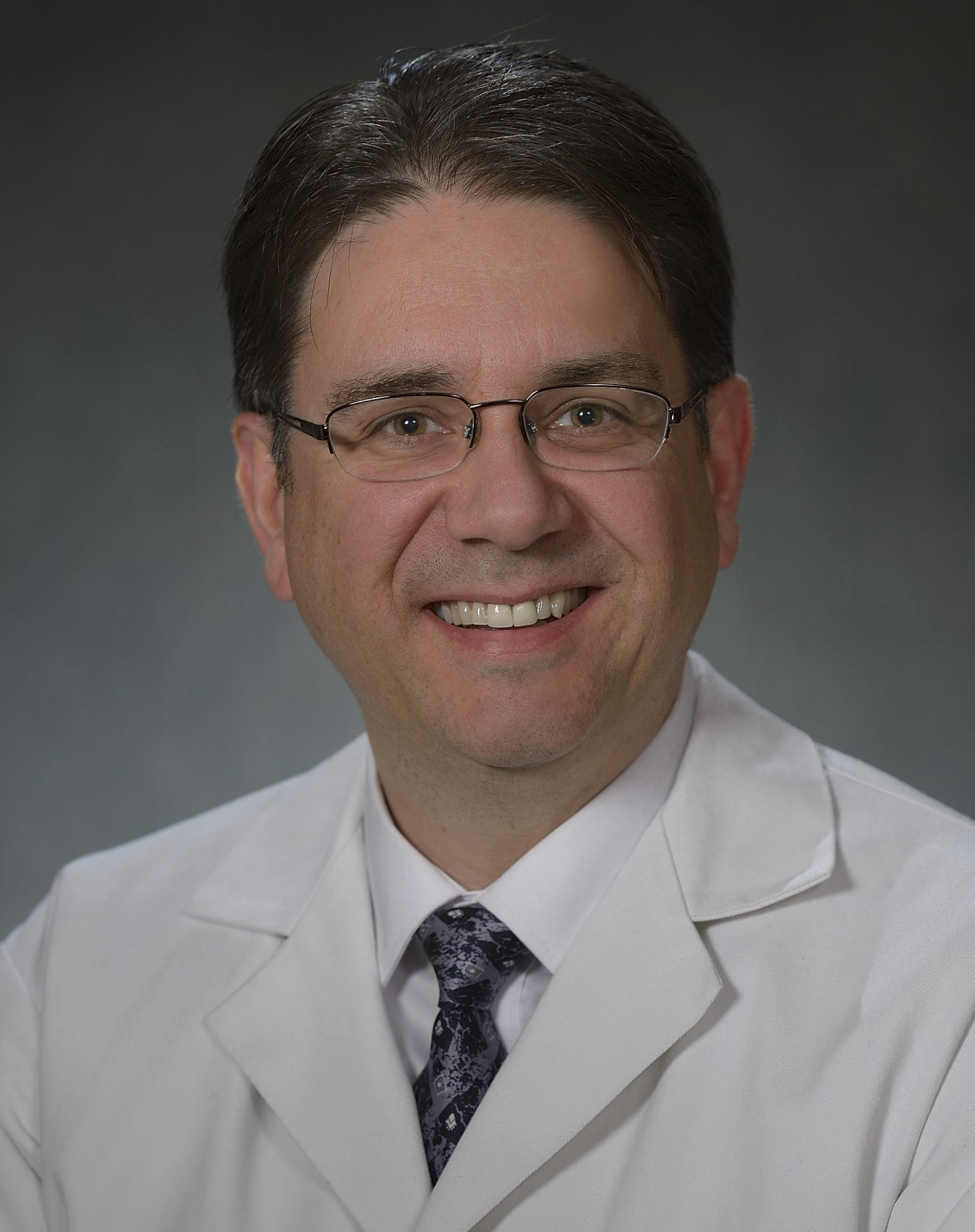
Ronny Drapkin, MD, PhD
Perelman School of Medicine, University of Pennsylvania
Ronny Drapkin, MD, PhD, focuses his research on developing a comprehensive understanding of the genetic, molecular and physiological factors that drive the development of cancer, with a special focus on gynecologic malignancies. Work from his group and others helped shift the paradigm with the discovery that the fallopian tube is the likely site for the beginning of ovarian cancer in many patients. This discovery is having a profound impact on prevention and early detection strategies, but more work needs to be done. “Unfortunately, gynecologic cancer research has historically been underfunded by the NIH. This is where the Powell-Drescher Foundation helps fill the void. Support from donors, advocates, and survivors is providing researchers with the opportunity to make the next big discovery that will help ovarian cancer patients and those at risk.”
Andrea Rewitz Mizer
Ovarian And Breast Cancer Survivor
“As a BRCA 1 mutation carrier, stage 4 ovarian cancer survivor, and stage 2 breast cancer survivor, the biggest thing that gives me hope for a long future is research, especially research for underfunded gynecological cancers.”

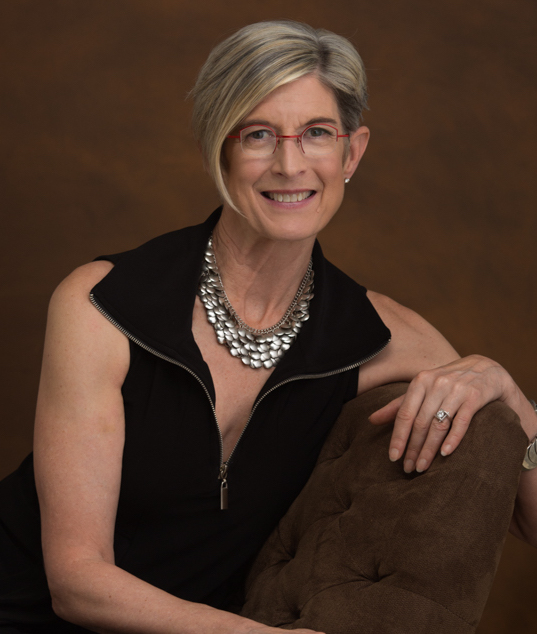
Susun Lindley Livingston
Ovarian Cancer Survivor
“When you support medical research, you are helping to build a future and options for ovarian cancer patients. Without continuous investment in the tenacious effort of research professionals, we cannot make progress towards understanding this devastating disease. I know, because I am living proof of the outcome of participating in a clinical trial.”
Ronald John Buckanovich, MD, PhD
Magee-Women’s Research Institute and Hillman Cancer Center
Ronald John Buckanovich, MD, PhD, has an active clinical practice specializing in the treatment of ovarian and uterine cancers, while also focusing his research on ovarian cancer. Dr. Buckanovich previously identified a novel population of cancer stem-like cells (CSCs) which may be responsible for ovarian cancer metastasis, chemotherapy resistance and ultimately disease recurrence. His is studying how these CSCs can ‘quiesce’ (temporarily stop growing) to avoid therapies (chemotherapy and radiation) that target rapidly growing cells. In addition, he is studying the mechanisms whereby ovarian cancer cells reprogram normal cells to prevent anti-tumor immune response. Based on these studies, his laboratory is developing new therapies to improve ovarian cancer patient response to both chemotherapy and immunotherapy. “I am very excited for the start of the Powell-Drescher Foundation. Every important scientific study we have done has started with gifts from philanthropic foundations such as the Powell-Drescher Foundation, and been developed with the support of patient advocates. This new foundation means new opportunities to improve the outcomes of patients with ovarian cancer.”
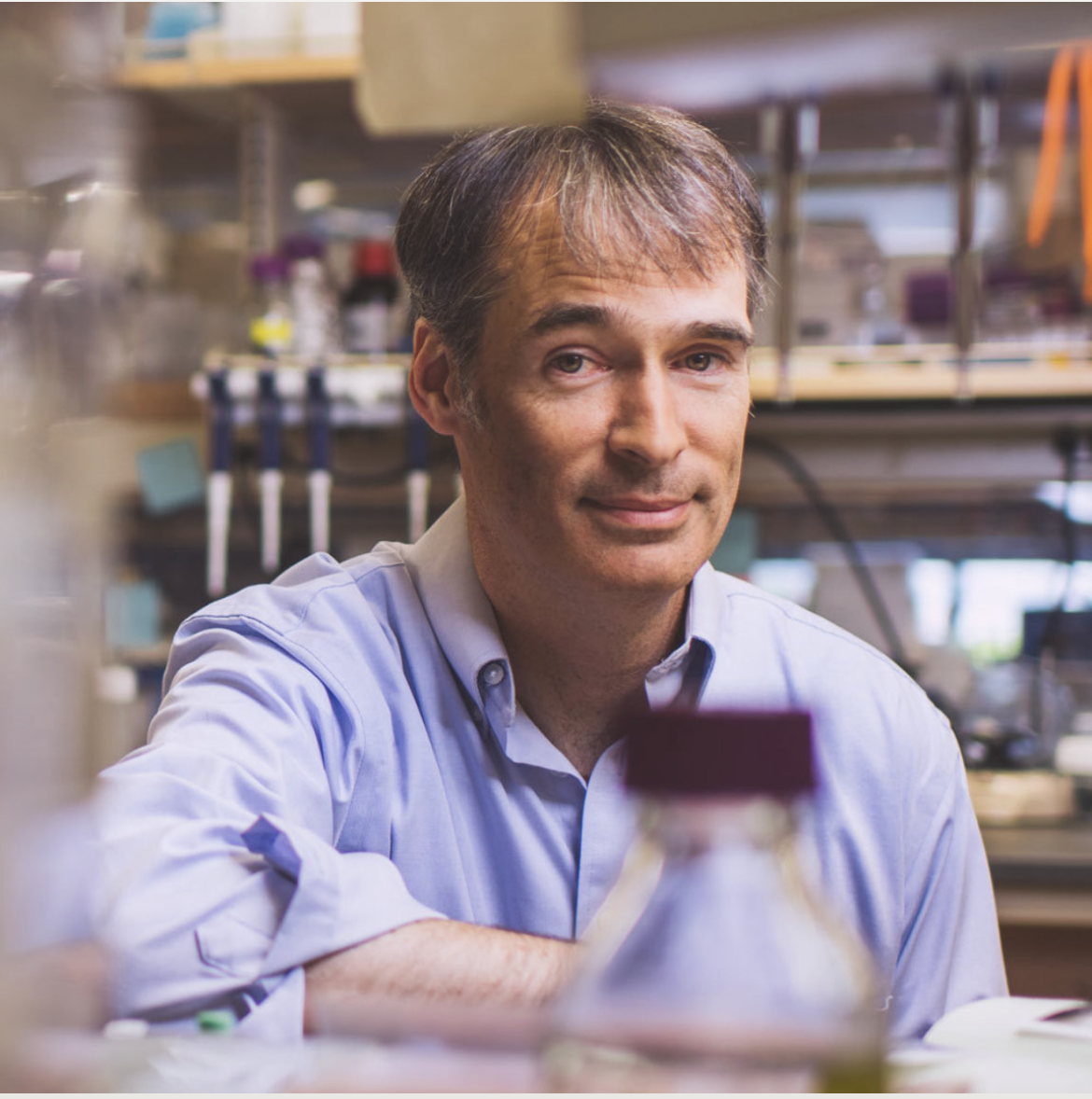

Sachia Stonefeld Powell
Ovarian Cancer Survivor
“To eradicate this disease, it’s crucial that we collaborate with scientists to provide the unique and indispensable perspective that survivors can offer.”
Deborah Binder
Ovarian Cancer Survivor
“I am one of the “lucky” ones as my ovarian cancer was caught earlier than most. Funding research to find an early and effective diagnostic test for ovarian cancer is of utmost importance in making progress for the health of women worldwide.”
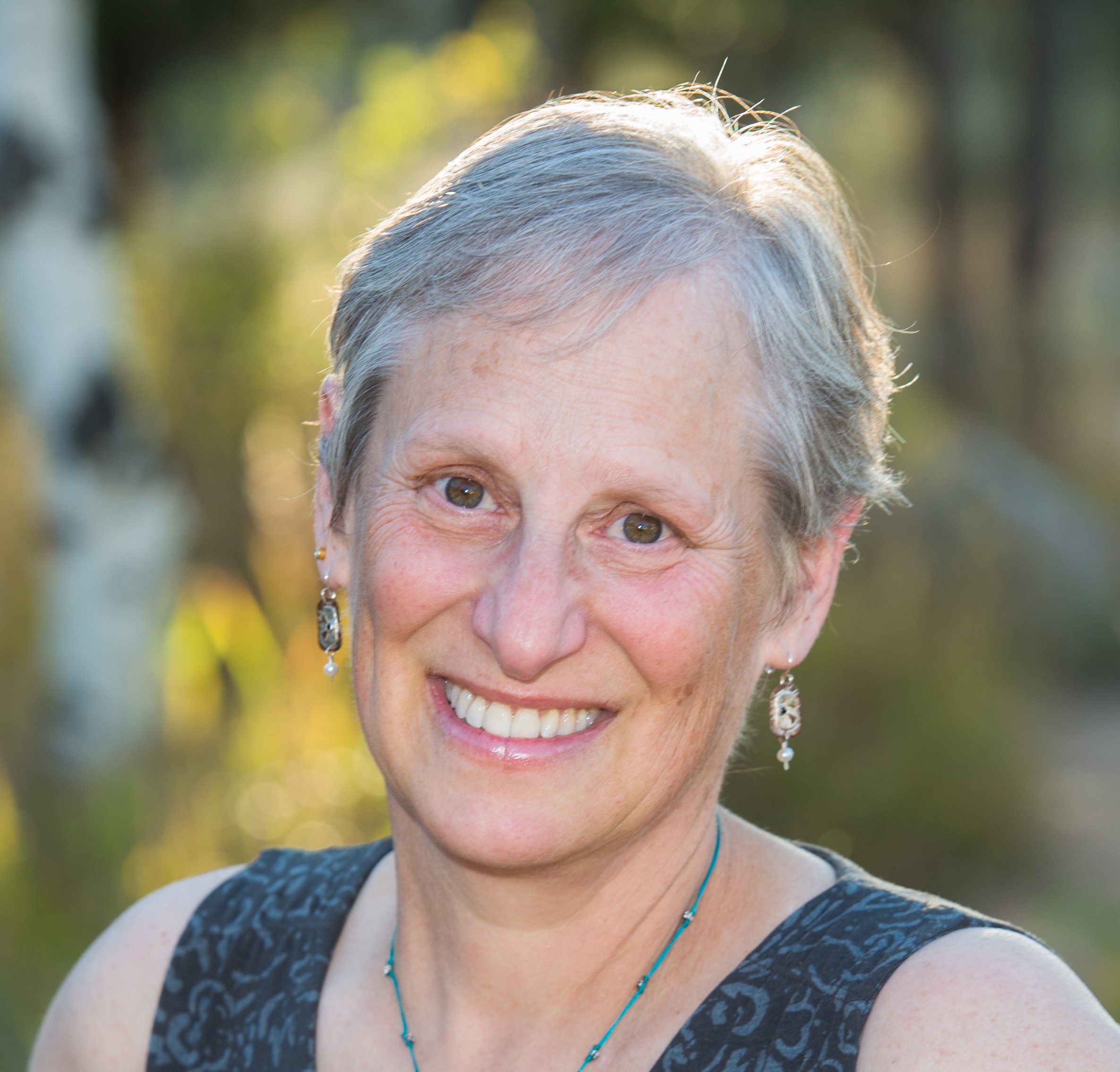
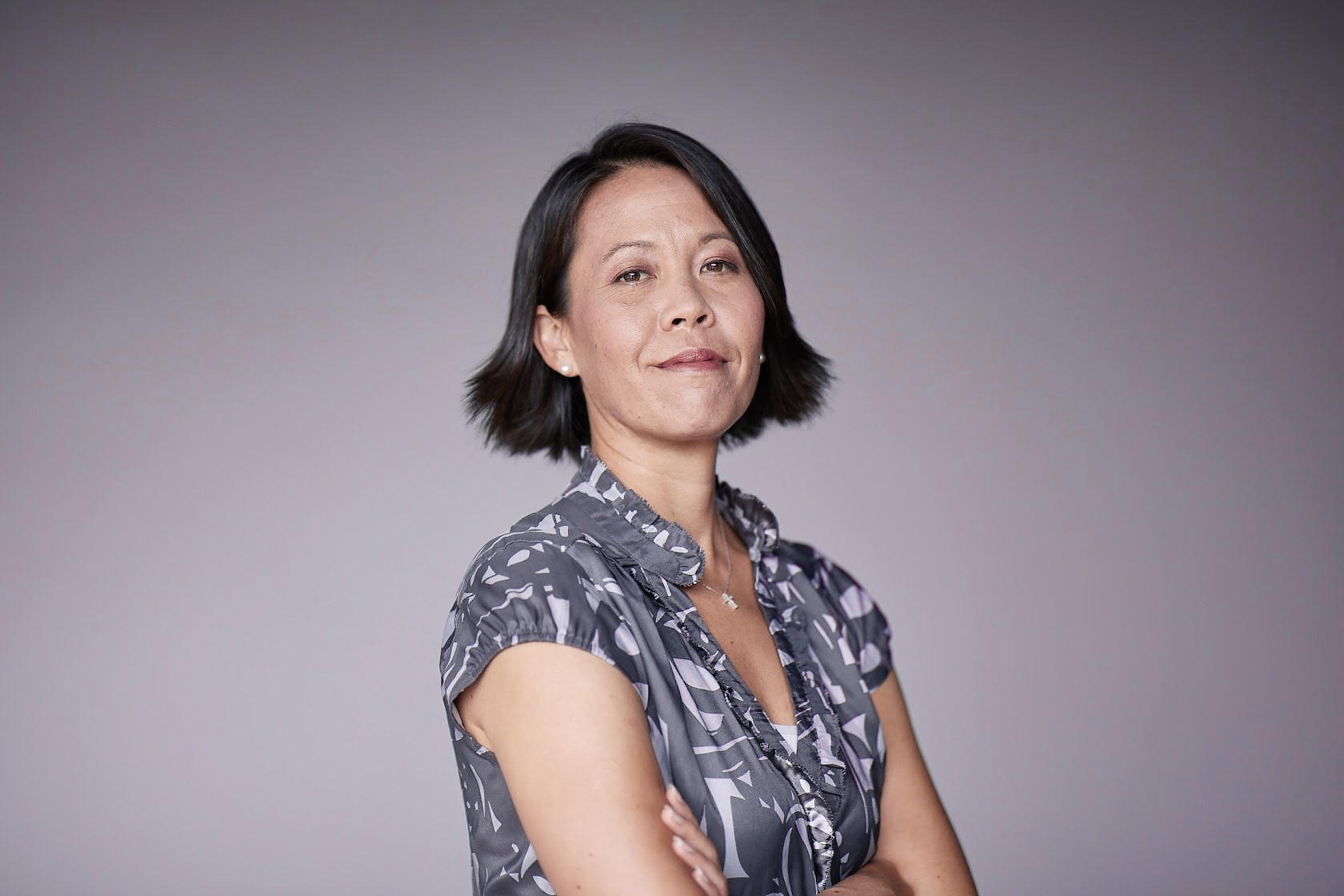
Lan Coffman, MD, PhD
Magee-Womens Research Institute and Hillman Cancer Center
Lan G. Coffman, MD, PhD, is a physician scientist who maintains an active clinical practice focused on the treatment of ovarian cancer, while also engaged in research focused on blocking the development of the fertile soil necessary for tumor growth as a new way to prevent and treat ovarian cancer. “It is only through strong scientific and survivor collaborations that we can improve the lives of women living with or at risk for ovarian cancer.”
Heidi Challe
Ovarian Cancer Survivor
“I was diagnosed at age 40 with a rare subtype of ovarian cancer. We contacted two comprehensive cancer centers for opinions on treatment options, and I was surprised to learn that there was no definitive answer to guarantee remission. I quickly realized how difficult ovarian cancer is to treat and why we desperately need more funding for research to save women’s lives.”
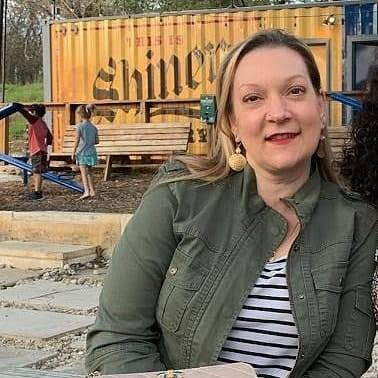

Elizabeth Crouch
Ovarian Cancer Survivor
“Every day I am equally grateful and amazed that I’m alive when far too many women diagnosed before and after me did not survive this lethal gynecologic cancer. I never forget that recurrence and mortality rates are high. During and after my rigorous treatments, I discovered that dedicated ovarian cancer research is incredibly underfunded. While billions of dollars – yes billions! – are allocated to research for other cancers, ovarian cancer researchers receive a fraction of the federal research dollars. How can brilliant clinicians offer women the best life-saving treatments when the scientists are kept from their investigation because it’s painfully underfunded?! I hope you will join me to support this foundation, providing grants to researchers with precious dollars to make scientific discoveries for relevant and timely education, easier and earlier detection, and superior, barrier-free treatments for every woman.”
Sunila Pradeep, PhD
Medical College of Wisconsin
Sunila Pradeep, PhD, is a scientist at the Medical College of Wisconsin whose research interest is centered on characterizing the functions of tumor-derived small bodies called exosomes. Her primary interest in exosomes is to understand their role in translational regulation for making adaptations in immune cells unfavorable for tumor growth. Her lab is now working on developing approaches to abrogate the exosome mediated oncogenic process. “We believe the voice from patient advocates and survivors always inspires us to do impactful research that will make breakthroughs in the life of ovarian cancer patients.”
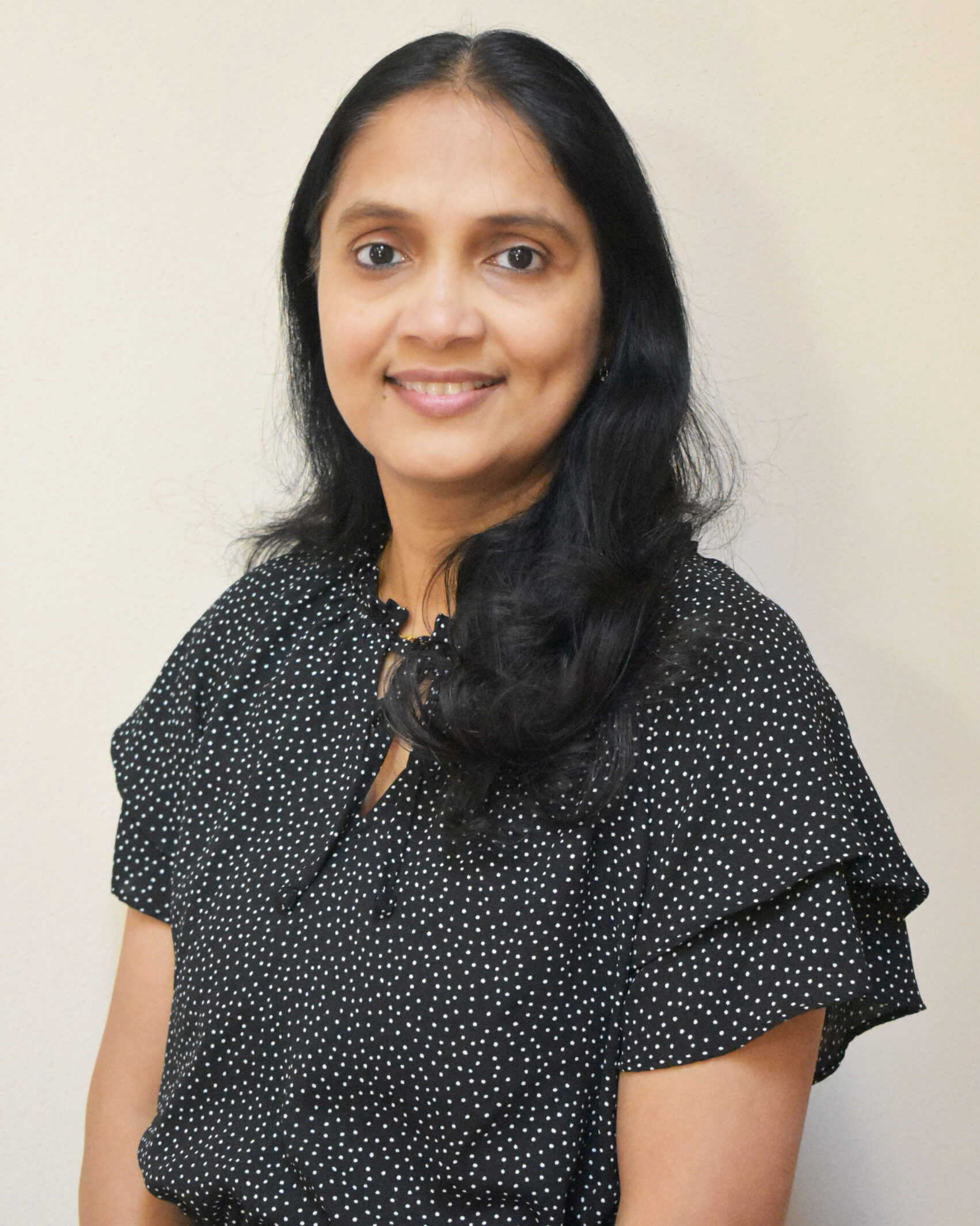

Ilana Feuchter
Ovarian Cancer Survivor
“While advances have been made in ovarian cancer treatment over the last decade, the five-year survival rate remains far too low. Research is needed that will extend lives, offer a better quality of life, and (dare I say!) find a cure. I have been lucky enough to sit on a research panel with Sachia and I am awed by her commitment to our teal community. I am excited to support the Powell-Drescher Ovarian Cancer Research Foundation and hopeful that they will do great things for women diagnosed with ovarian cancer.”
Charles Drescher, MD
Swedish Cancer Institute
Charles Drescher, M.D., is a gynecological oncologist specializing in ovarian cancer patient care at Swedish Hospital, the director of gynecological cancer research at the Swedish Cancer Institute, and the leader of the Initiative for Cancer Prevention and Early Detection at the Paul G. Allen Research Center. Dr. Drescher received his M.D. from the University of Michigan and has devoted his career to the prevention and early detection of cancer in the female reproductive system, particularly ovarian cancer because of the high mortality rate due to vague symptoms that result in late-stage diagnosis. “Research provides the path forward toward the goal of eradicating ovarian cancer. To have the greatest impact it is critical to cast a wide net, engage key stakeholders, and consider all possibilities.”
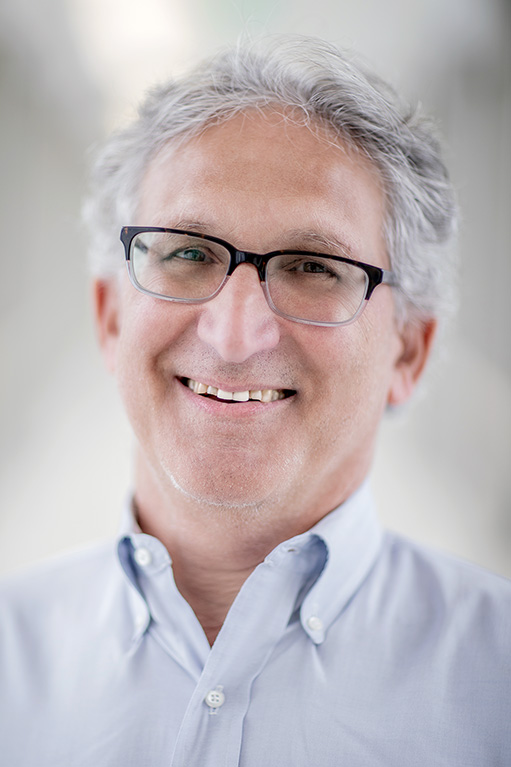
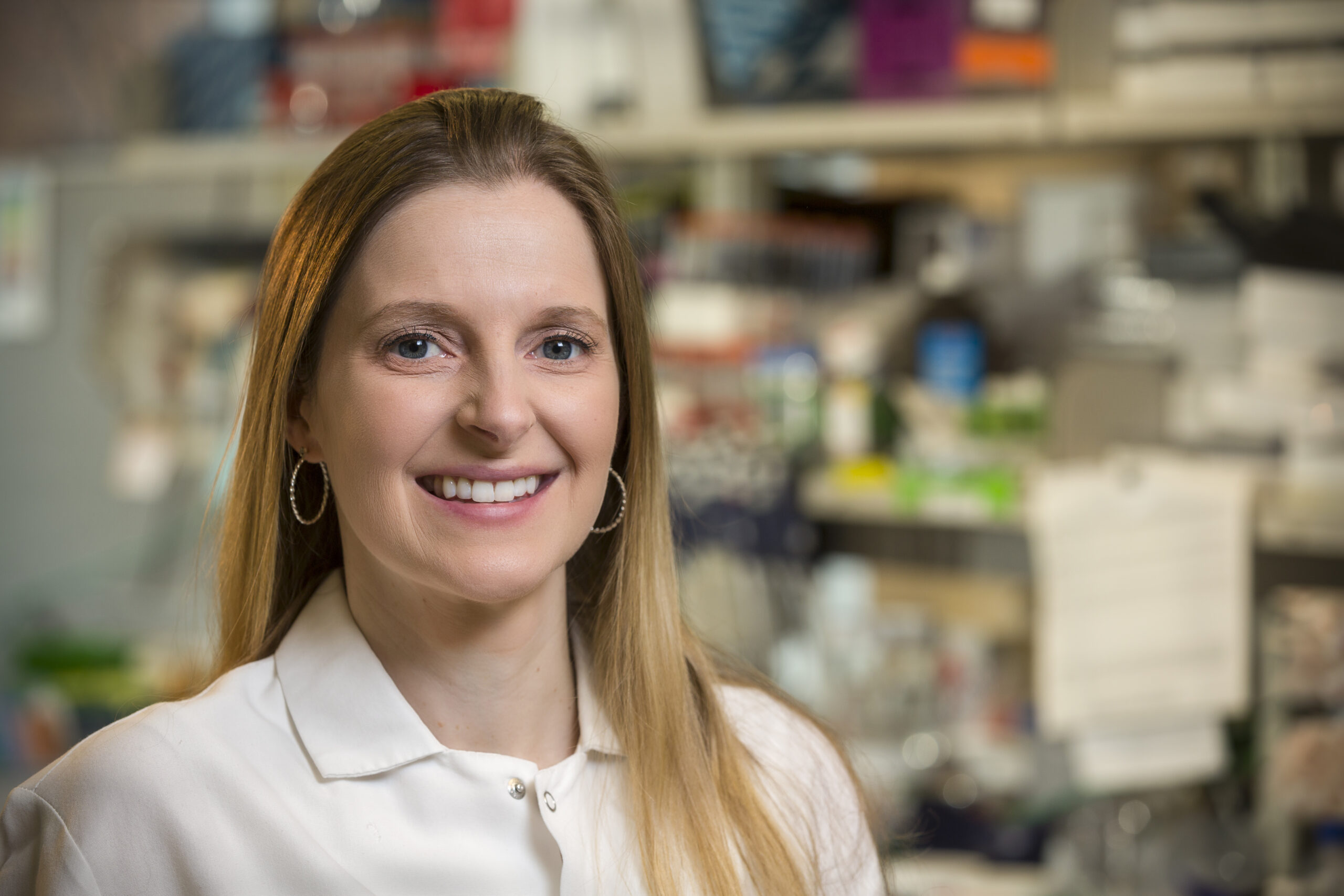
Kristin Anderson, PhD
University of Virginia
Kristin Anderson, PhD, is a scientist at the University of Virginia School of Medicine. Her training as an immunologist and her own cancer journey led her to a research career focused on developing engineered adoptive cell therapy for ovarian cancer. Kristin and her team use cutting edge genetic engineering technologies to generate immune cells (T cells) that can recognize and kill ovarian cancer. Her goal is to generate T cells that persist and continue to kill cancer cells, despite major obstacles present in the tumor. “Because ovarian cancers pose many obstacles to being killed by immune cells, my research focuses on making immune-based therapies more effective. While there is great potential for these therapies to work, unfortunately, pre-clinical ovarian cancer research is woefully underfunded. Some of our most exciting advancements started as pilot projects funded by philanthropic donations and are just about to enter early phase clinical trials.”
Robin L. Hornung, MD, MPH
Ovarian Cancer Survivor
“As a physician and an ovarian cancer survivor, I am acutely aware of the need for more research funding in ovarian cancer prevention, early detection, and treatment. The Powell-Drescher Foundation will serve to increase funding for a cancer that is drastically underfunded in the research world, and has been for decades. Where we have made amazing strides in breast cancer research and treatment, we need comparable gains in ovarian cancer research, too. The time is now. We need to start saving more women’s lives.”
